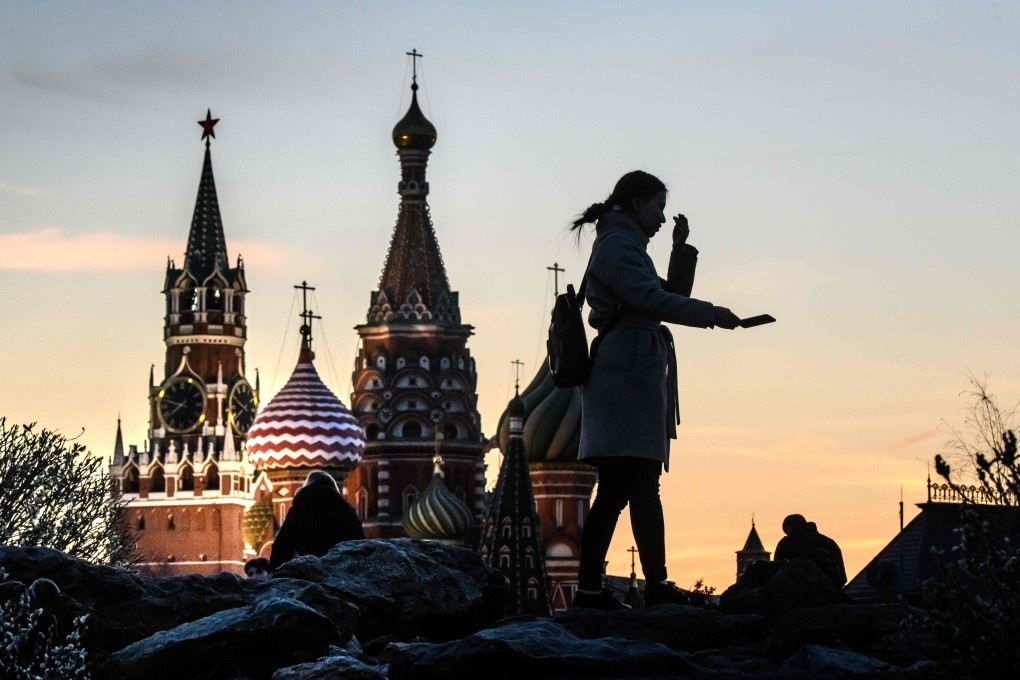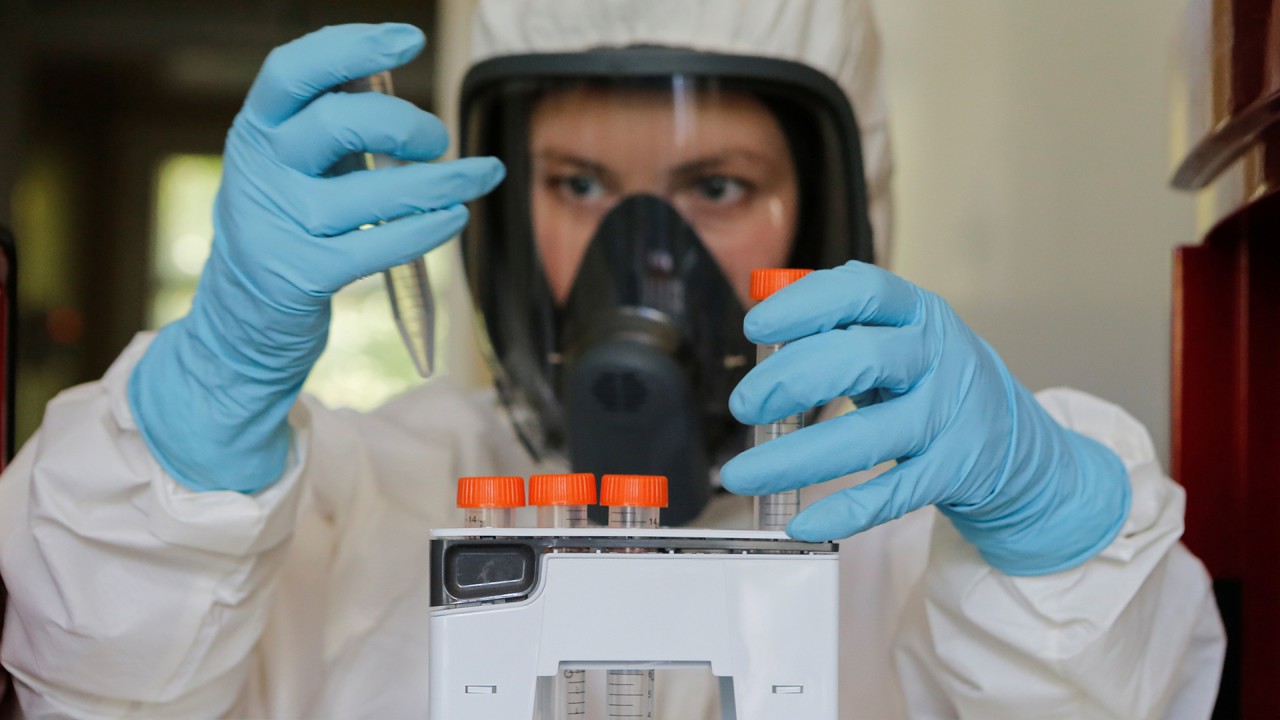Coronavirus pandemic’s hit to Russia’s economy should prompt structural reform
- While projections suggest the pandemic will not hurt the Russian economy as badly as feared, stagnation and inefficiency continue to hold back its growth
- The Kremlin should institute deep structural reforms to boost growth and avoid a worsening deficit, but there are few signs it will change its domestic policies

Russia’s economy is doing better than many anticipated, but its medium-term trajectory still looks bleak. Declining oil revenue, crackdowns on investors and threats of new sanctions contribute to gloomy forecasts with marginal chances for improvement.
Even before the pandemic, economic growth had been sluggish. In 2019, Russian authorities pledged to accelerate economic expansion and announced state spending of roughly US$400 billion across six years in key areas such as infrastructure and education.
The ambitious plan driven by notoriously inefficient state investments was received with scepticism, but it was still a positive step that could have re-energised the stagnating economy. The government reported that gross domestic product grew 1.3 per cent in 2019, down from 2.5 per cent a year earlier.

02:03
Russia approves ‘world’s first’ Covid-19 vaccine, President Vladimir Putin says

